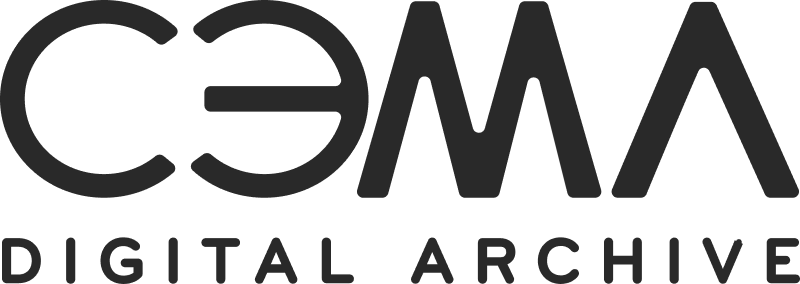Wang Bing discuss how his approach to filmmaking has developed over the course of the last two decades. Sharing clips from across his oeuvre, Wang will discuss how he works with individuals and communities to produce his profound and insightful portraits of contemporary life in mainland China. This is a rare opportunity to engage in conversation with a leading figure in global nonfiction cinema.
A DISCUSSION WITH WANG BING

Wang Bing 10/04/24
≡
When we start shooting you have a variety of footage, you find something that looks interesting, and even so, those parts cannot be included in the film itself.
■
When you are at the scene you are shooting things that are when shooting you should already be editing.
■
The moment you enter into the scene you need to find a focus to build your narrative in the future, whether it’s the character or the everyday life of a place.
■
In my filmmaking, I like to focus on the characters and the development of their story.
■
When you’re there shooting you should be aware of what 4-5 minutes you need for your film
■
you must be clear when you’re shooting what the FUNCTION of a shot is.
■
I think it’s most time-consuming when you’re still looking to how to complete filmmaking in a particular style. Once you have completed that stage you have a lot of liberty/freedom in your work
■
When I am at the scene doing the shooting, I would have envisioned many possibilities about how it would look once it’s in the cinema or in the theater. Then, you would think about how I can create the image I have envisioned in my head when I am shooting. So I would take into consideration how to present different spaces and environments with the camera
■
In the beginning, maybe everything is still very abstract. Sometimes it just starts with a painting or a photograph, or a visual signal you can think of. So for example, in my first work, West of Tracks, when I went into the factories I see a lot of elements, like the walls. Lights, electric cords and the architecture. They are very intense in the city, with their own visual intensities, with different shapes and together they become symbolic of the city.
■
I felt the need to cut the number of still shots by, just by putting the camera on a tripod, I had to use them as little as possible. I had to kind of solve the conflict among all the visual symbols by using the movements and different durations of the shots.
■
When I first started learning or thinking about how to shoot, I got inspiration from Antonioni and Tarkovsky on how to film and plan.
■
You need to have an entire system of narrative when you approach the subject of the film.
■
Important to have a plan when you approach a project, then you decide what part is most important to your project.
■
Even if it’s set in a setting that is daily life you still need a powerful strong drive behind the narrative, that is something you still need to master over time.
It’s not just a matter of the duration of the clip, but since you are using film and video you must penetrate through the environment and make critical observations.
■
It’s not necessarily about how much time you spend with subjects, I sometimes make films within a week, its about an ability to mobilze the camera and edit.
■
I never actually interact with the people I film.
It’s very simple, I come to the place and ask if they are willing to let me film them and then we start right away. You must find a way to use the image and footage quickly, to make use of them.
■
You cannot be unaware of what you are doing with a camera. When you are an audience member you do not have to do much work because a lot of thought has already been put into what is being presented already, but when you are the filmmaking you must be taking a lot of things into consideration when you film. You need to think and observe once you are there. Dive into the lives of the people are you filming. Must enter into the space you are filmmaking
■
Even if you have just met the people or entered the environment your must make decisions very quickly. You have to have a good sense of the material or the medium. You need to ask yourself, what kind of reality are you trying to portray? What’s your reason for working with the medium you work with?
■
In my films I want to make sure that all the statements are clear andt he images are showing the truth or the reality. So without this as a foundation or the motivation, I would not make a film. So that is what I think about film.
■
When you put the different parts and elements together in an edit, then you should ask yourself what the work mean to you.
..ask yourself why you are making something. It’s the most foundational logic and questions you need to ask yourself before you begin.
■
For every selection of the media genre you make you need to make very clear how you’re categorizing, interpreting, and intervening it. To make clear that how you're interpreting it is different from its original source

